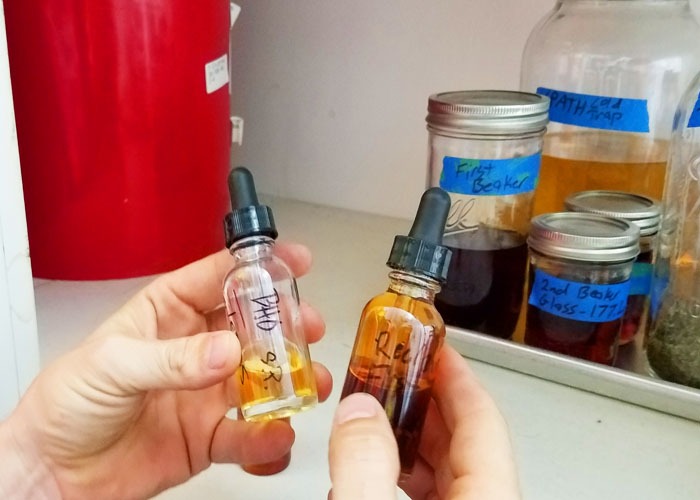BY ALLISON STEIN
Arizona’s cannabis community remains poised on the edge of their seats regarding what’s going on with our concentrate allotments following the Supreme Court ruling in the Jones case. We’re waiting to hear from the state of course, but also looking to the Arizona Dispensary Association (ADA).
Although we’ve contacted the ADA many times, it’s been hard to nail down an official statement. Luckily, ADA executive director, Tim Sultan, appeared on The Bud Show Monday night to address the issue.

The Bud Show is a weekly broad/podcast in the cannabis community. The hostess and founder of the show, Amanda “Munchies” Nash, has a smorgasbord of topics and co-hosts. The Bud Show’s weekly impact in the cannabis community is growing due to Nash’s hard-hitting topics and fun-loving, yet professional, attitude.
During the 2-hour show on 7/22, at apx 26:35 into the podcast, Sultan from the ADA addresses the elephant in the room. He pointed out that one of the sponsors of the show did not display the amount of dry flower it took to make the final product on the label. This opened up the dialog for the rest of the panel on the topic and the conversation quickly progressed.
Once the conversation was started, there was a period of roughly 2 to 4 minutes of bombarding questions from the show’s patrons and guests – directed towards the ADA spokesperson.
By the end of the brief discussion about patient allotments, the following was discovered. Yes, the current concentrate crisis is a result of the Supreme Court ruling on the Jones case.
When asked, when do the new protocols take effect, Sultan acknowledged, “It hasn’t been figured out yet.”
AZDHS wants the cannabis companies/brands to label how much dry flower material it takes to manufacture each cannabis product. Some companies have already been audited to comply with AZDHS.
Trying to clarify, Nash asked, “So, if it takes, let’s say an ounce of flower to make this (pointing to the sponsors packaging) then an ounce will come off of my allotment?”
Sultan replied, “Yes.”
Panel member pediatric patient advocate/entrepreneur, Aubrey Kerger, brought up that it would be unfair to allot dried flower instead of the amount of usable THC in the product.
The panelists all agreed it is fair for AZDHS to track the amount of flower used to make a product though it should not harm the patient. But that is exactly what will happen if AZDHS doesn’t figure out a uniform allotment for concentrates.
Patients already have a hard time calculating how much medicine they are allowed to buy with in a 14-day cycle due to many variables between plant harvest, strain and extraction process used to make the final product.
This leaves many questions on medicines such as live resin, dry sift rosin, hash rosin, THCA crystals and, of course, RSO for patients, dispensaries and manufacturers. We will continue to monitor the situation.
 —Allison Stein writes for Arizona Cannabis News and Arizona NORML.
—Allison Stein writes for Arizona Cannabis News and Arizona NORML.


